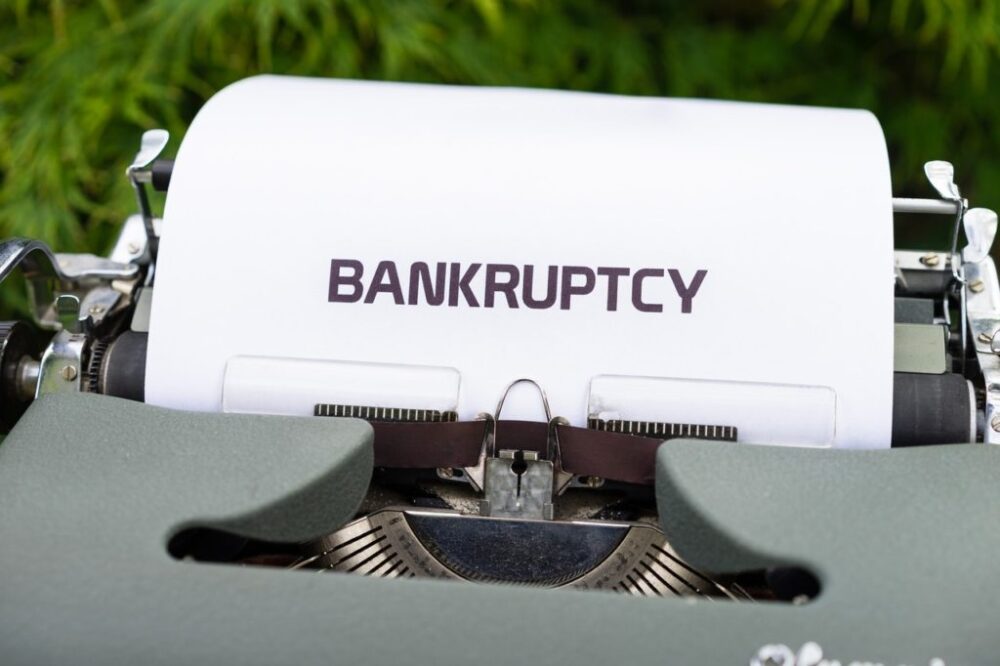A bankruptcy filing may be your best option to lift the weight of responsibility for your debts off of your shoulders. Though, you may not be relieved of all of your debts. Read on to discover what debts undergo a bankruptcy discharge and how a seasoned Louisville, Kentucky consumer bankruptcy lawyer at Schwartz Bankruptcy Law Center can help you in handling the rest.
What debts are eligible to undergo a bankruptcy discharge?
By definition, a bankruptcy discharge is a court order that releases a debtor from their legal liability over certain types of debts that they owe to their creditors. A debtor will automatically receive a discharge unless any creditors object to this in litigation.
The purpose of a bankruptcy discharge is so the amount of debt a debtor must pay off is far more manageable. What’s more, this permanent order prohibits creditors from pursuing debtors in any collection activities, whether it be via legal action or harassing communications. With that being said, the following are debts that may be eligible to undergo a bankruptcy discharge:
- Credit card debts.
- Medical bills.
- Personal loans.
- Overdue utility payments.
- Gym contracts.
Of note, the eligibility for dischargeable debts is slightly broader in a Chapter 13 bankruptcy filing than in a Chapter 7 bankruptcy filing.
How do I handle my non-dischargeable debts?
First of all, below are examples of debts that are non-dischargeable in a bankruptcy filing:
- Certain types of tax claims.
- Debts for child support.
- Debts for spousal support.
- Debts for certain condominium or cooperative housing fees.
- Debts for certain tax-advantaged retirement plans.
- Debts for most government-funded loans.
- Debts to government entities for fines and penalties.
- Debts for willful and malicious injuries to a person or property.
- Debts for personal injury caused by the debtor’s operation of a motor vehicle while intoxicated.
- Debts not set forth by the debtor on the lists and schedules filed with the court.
Even with the dischargeable debt that was taken off your plate, you may still be overwhelmed with the non-dischargeable debt that you have left over. Rest assured, there are ways to get a handle on this.
For example, if you are filing a Chapter 7 bankruptcy, it may be helpful to complete the course on personal financial management that the bankruptcy court requests of you. And if you are filing a Chapter 13 bankruptcy, it may be helpful to outline how you will pay off all your non-dischargeable debt comfortably within three to five years in the repayment plan that the bankruptcy court requests of you.
Ultimately, a lawyer may be able to advise you on how to approach these non-dischargeable debts. So, before it is too late, you must retain the services of a competent Louisville, Kentucky consumer bankruptcy lawyer. We are ready and willing to take on your case.

